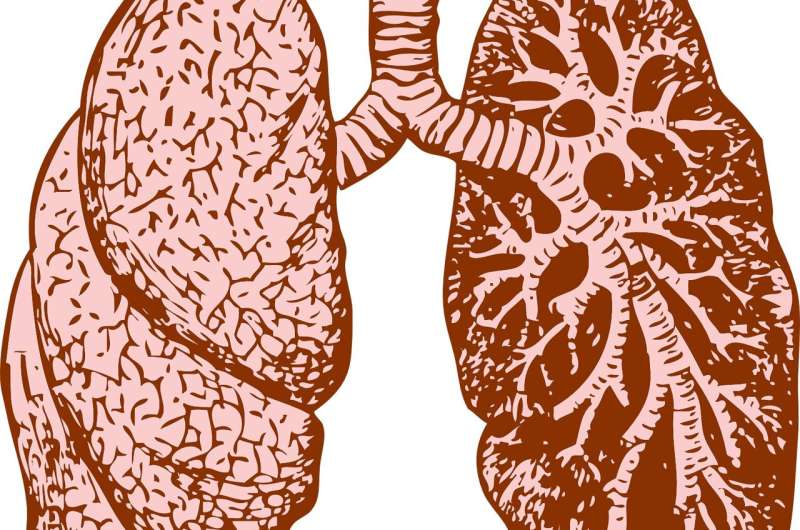Minorities face longer wait times for vital lung cancer treatment, study finds

A new study has revealed significant racial disparities in how quickly minorities with the most common form of lung cancer receive potentially lifesaving radiation therapy compared with their white counterparts.
UVA Cancer Center researchers reviewed data from more than 222,700 patients with non-small cell lung cancer across the country. They found that the mean time to radiation initiation was 61.7 days. For white patients, it was only 60.9 days; for Black patients, it was 65.9 days; and for Asian patients, it was 71.9 days.
These differences can have real consequences, as speedy treatment initiation contributes to better outcomes. A single-week delay in treatment has been associated with a 3.2% and 1.6% increase in the risk of death for patients with stage I and stage II non-small cell lung cancer, respectively.
The troubling findings prompted the UVA researchers to call for further investigation into the underlying causes of the disparities and to urge efforts to ensure equity in treatment access.
"Our results suggest that non-white lung cancer patients have delayed time to cancer treatment compared with white patients, and this is not limited to a particular type of treatment facility," said senior researcher Rajesh Balkrishnan, Ph.D., of UVA Cancer Center and the University of Virginia School of Medicine's Department of Public Health Sciences.
"Collaboration among providers and community stakeholders and organizations is much needed to increase accessibility and patient knowledge of cancer and to overcome existing disparities in timely care for lung cancer patients."
Cancer treatment disparities
The UVA researchers say there may be multiple reasons for the racial disparities. They note that non-white patients are more likely to be uninsured, face greater socioeconomic barriers to care and may be perceived by doctors as being at risk for not following through with their treatment plans. In addition, minorities are more likely to report less satisfaction with their encounters with care providers.
"These findings shed light on the potential presence of and impact of structural racism on patients seeking cancer treatment," the researchers write in a paper in the journal Health Equity.
"Further investigation into the societal determinants that perpetuate disparity in time to radiation therapy, and potential interventions in the clinical setting to improve cultural and racial sensitivity among healthcare professionals, is recommended."
The longest waits for treatment initiation were at academic health systems, the researchers report. They suggest this may be because patients begin their treatment in community hospitals and other local facilities before they need to be transferred to academic facilities that can offer more complex care.
Racial disparities were found across all types of hospitals, however. White patients consistently had the shortest time to treatment, while Asians had the longest, the researchers report.
The lung cancer findings have been published in Health Equity.
More information: Akhil Rekulapelli et al, Racial and Treatment Center Differences on Time to Treatment Initiation for Nonsmall Cell Lung Cancer Patients Receiving Radiation Therapy As an Initial Treatment, Health Equity (2022). DOI: 10.1089/heq.2022.0104




















